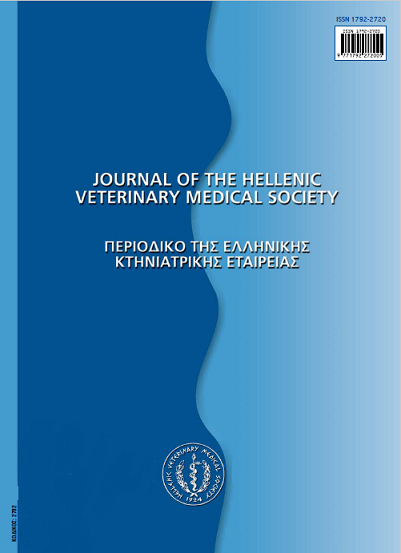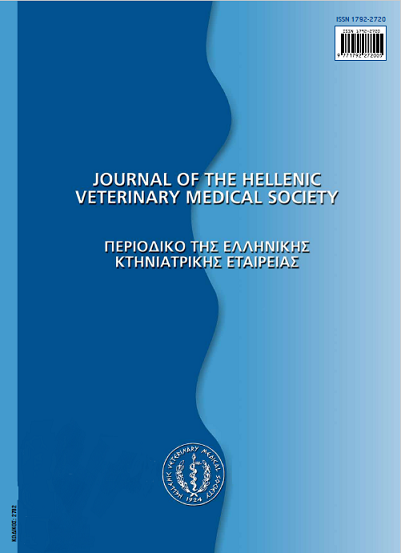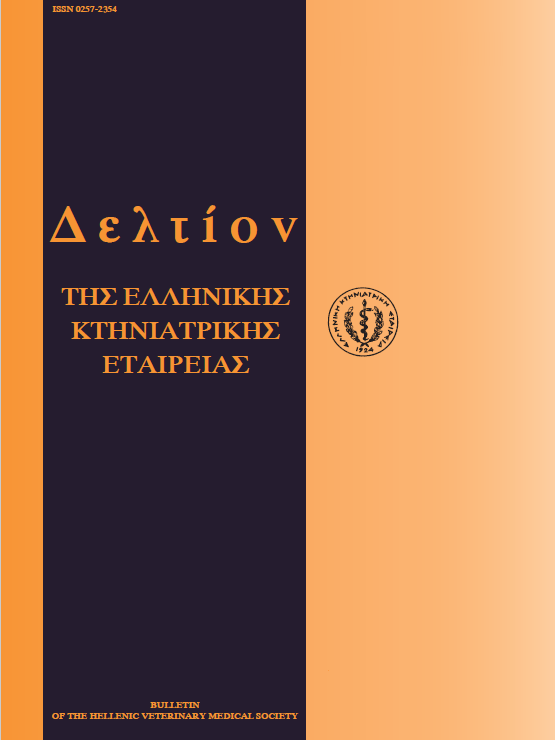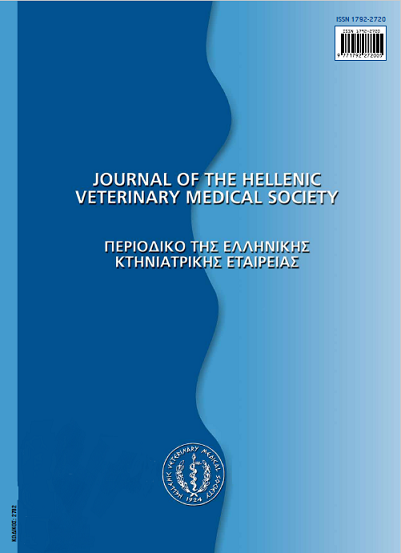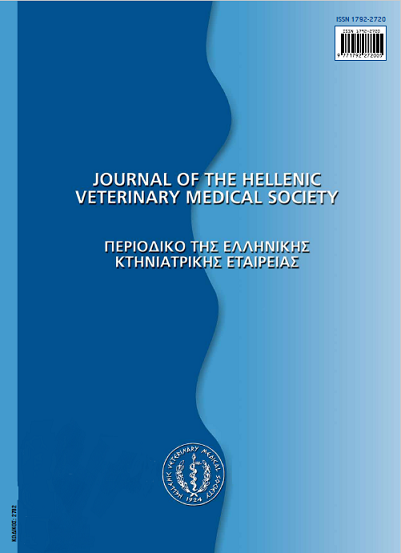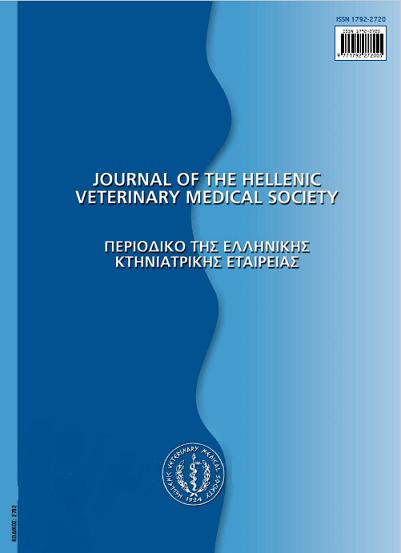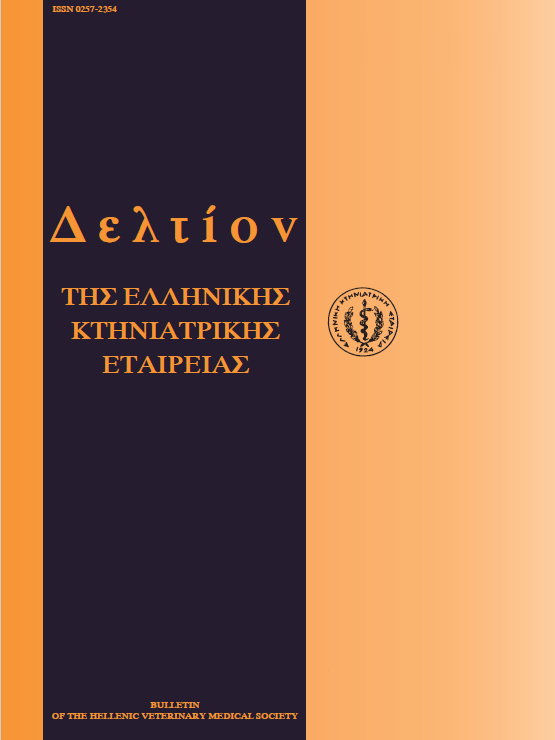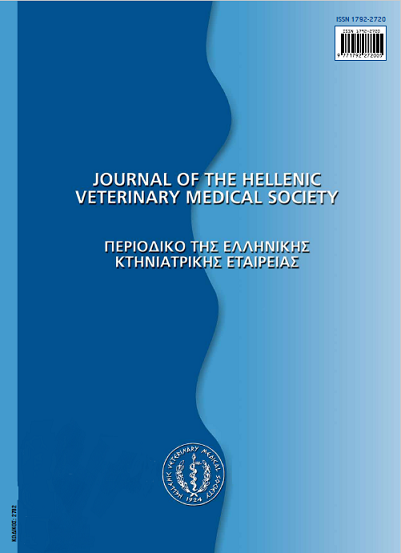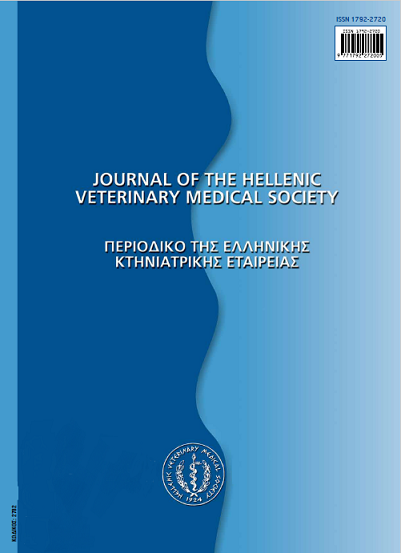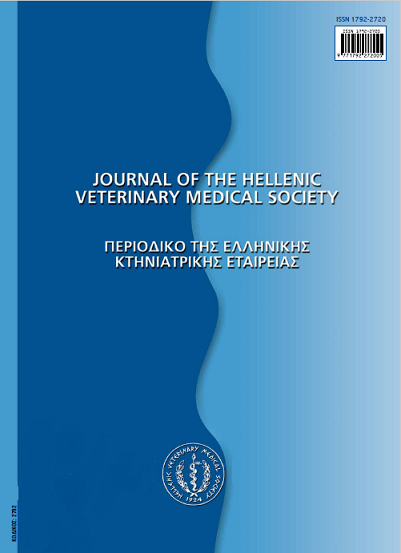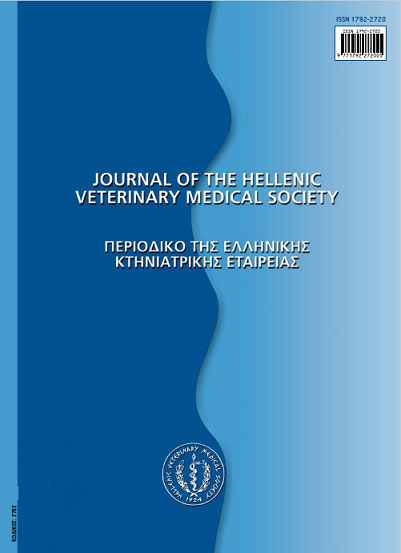Deep Pectoral Myopathy (DPM) in broiler chickens
Resumen
Macroscopic lesions were observed in pectoralis supracoracoides in carcases of broilers 7-8 weeks-old from various regions of Greece. The broilers were descendants from breeders of different genealogie lines, their feeding was regular and their growth rate was very good. An important information in the history of all involved broiler flocks was that lesions were observed in the chickens which were led to slaughteries from 3 to 10 days after house's decongestion. Macroscopic lesions were found mainly in the middleportion of the muscles and were either petechial hemorrhages or focal necrosis from greenish to red-brownish coloration. The bacteriological examination was negative, while the histological examination showed ischaemic necrosis of the muscle fibres. As the supracoracoid muscle is responsible for wing movements, trigger ofthese lesions might be the voluntary severe wing movements. It issuggested that sufficient prevention of deep pectoral myopathy (DPM) in broiler flocks may be achieved, when careful handling is used for their selection and mainly by the shortly removal of the remaining chickens into the houses after their decongestion.
Article Details
- Cómo citar
-
GEORGOPOULOU (Ι. ΓΕΩΡΓΟΠΟΥΛΟΥ) I., BOUGIOUKLIS (Π. ΜΠΟΥΠΟΥΚΛΗΣ) P., IORDANIDIS (Π. ΙΟΡΔΑΝΙΔΗΣ) P., & LEKKAS (Σ. ΛΕΚΚΑΣ) S. (2017). Deep Pectoral Myopathy (DPM) in broiler chickens. Journal of the Hellenic Veterinary Medical Society, 56(4), 295–300. https://doi.org/10.12681/jhvms.15088
- Número
- Vol. 56 Núm. 4 (2005)
- Sección
- Research Articles
Authors who publish with this journal agree to the following terms:
· Authors retain copyright and grant the journal right of first publication with the work simultaneously licensed under a Creative Commons Attribution Non-Commercial License that allows others to share the work with an acknowledgement of the work's authorship and initial publication in this journal.
· Authors are able to enter into separate, additional contractual arrangements for the non-exclusive distribution of the journal's published version of the work (e.g. post it to an institutional repository or publish it in a book), with an acknowledgement of its initial publication in this journal.
· Authors are permitted and encouraged to post their work online (preferably in institutional repositories or on their website) prior to and during the submission process, as it can lead to productive exchanges, as well as earlier and greater citation of published work.

